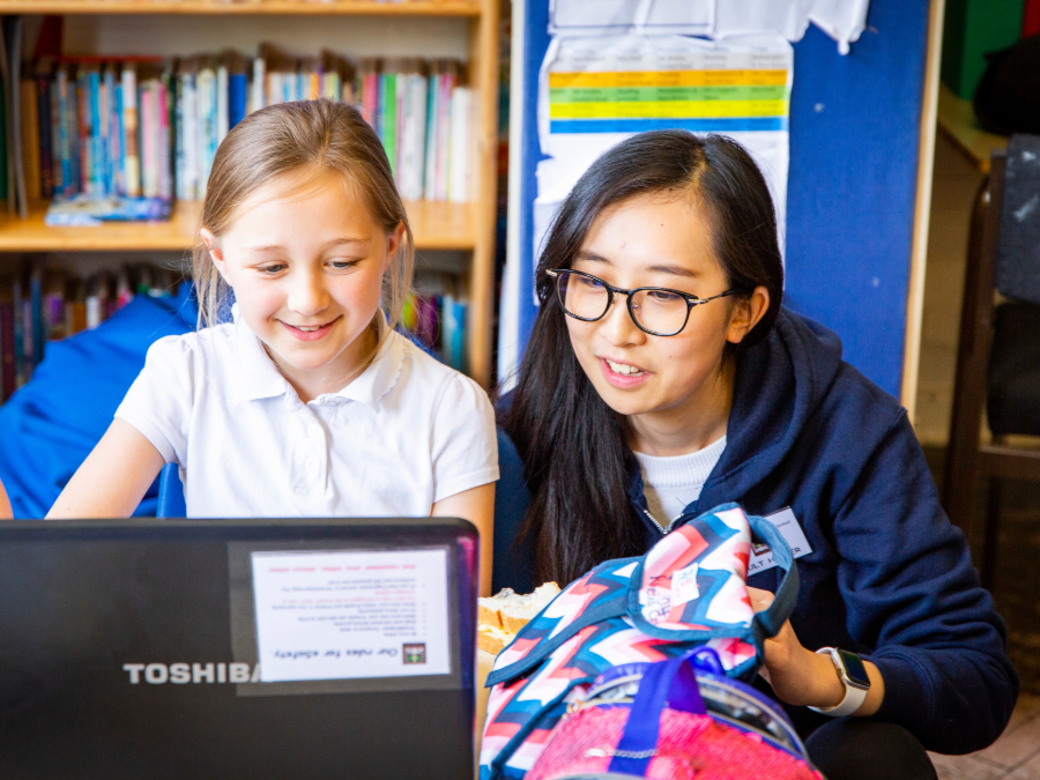2+ million
young people involved in Code Club over 10 years
100+ countries
have active Code Clubs
90%
of young people increase their skills and independence in coding
Learn to code, shape the future. Join a global community of digital creators.
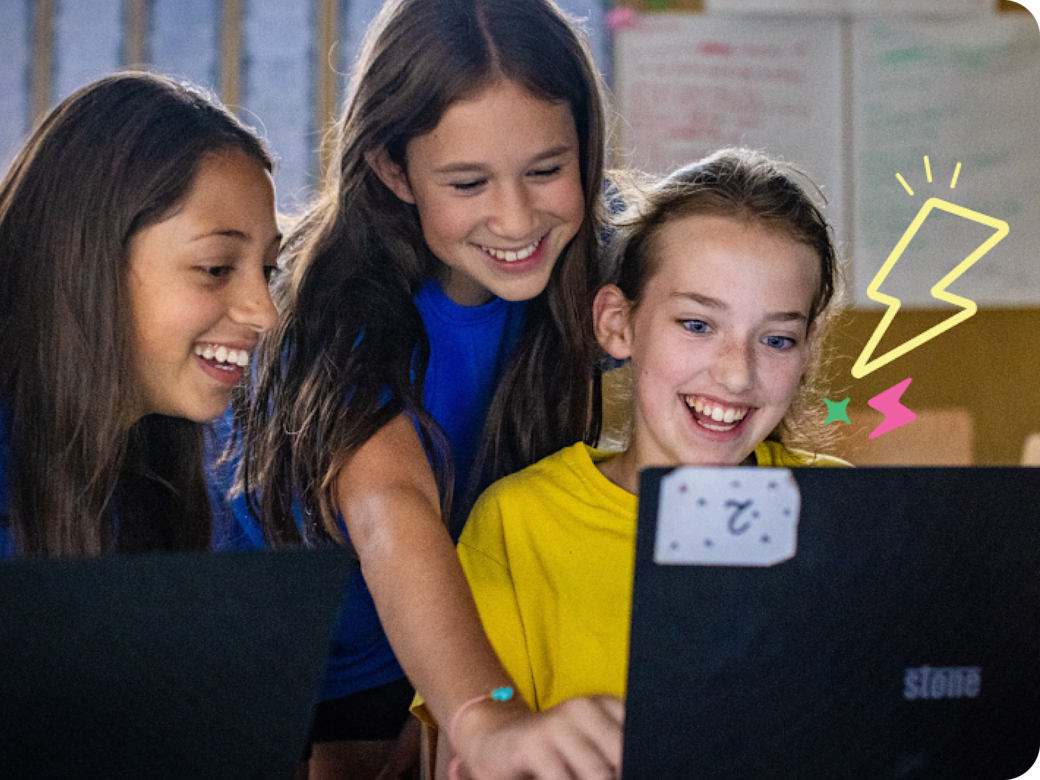
young people involved in Code Club over 10 years
have active Code Clubs
of young people increase their skills and independence in coding
Code Clubs are free and open to all school-aged young people. Find out how to join a club, start a club of your own, or volunteer at a club in your community.
An early interest in gaming led Sahibjot to learn how to create a game of his own! He took the next step in his coding journey when he joined a Code Club at his school.
Safeguarding is at the heart of everything we do. Our safeguarding resources help make sure you have the right policies and practices in place so you can create safe, inclusive spaces where young people can learn to code.
We have hundreds of free projects to help you learn to code and get creative with digital making. Whether you're an experienced coder or just getting started, there's a project for everyone.
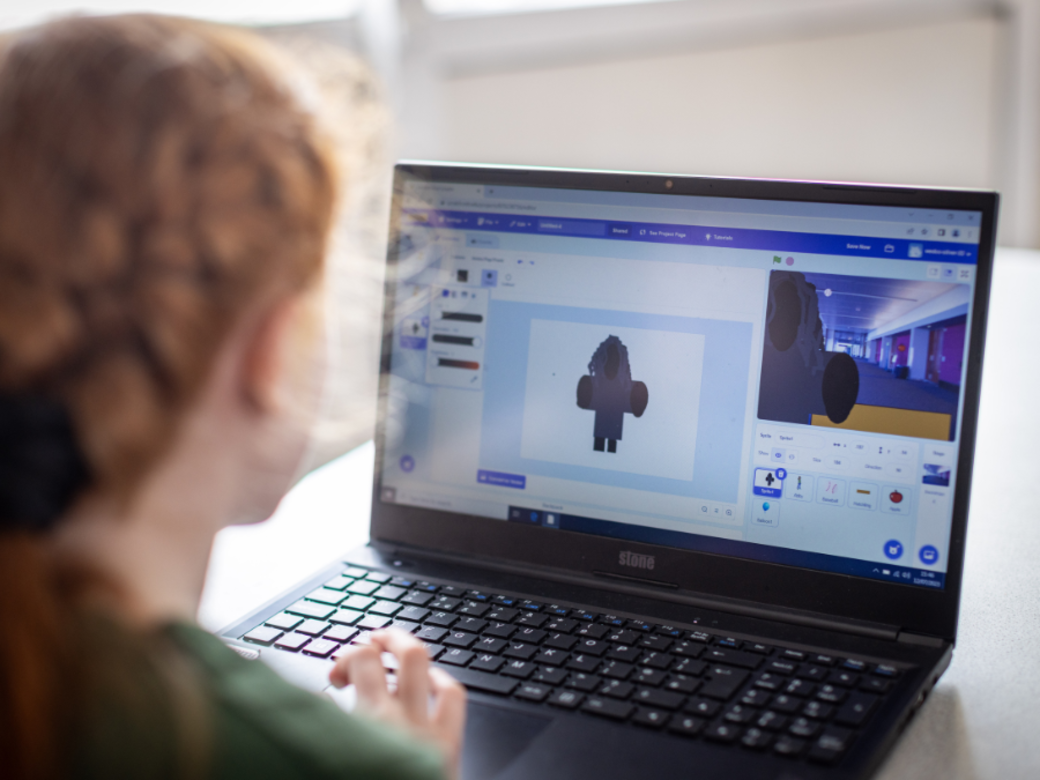
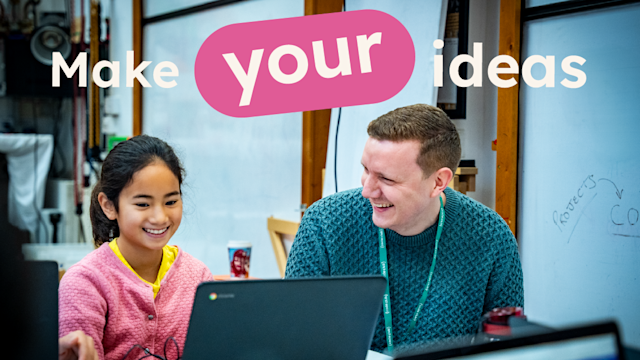
28 Jan 2026
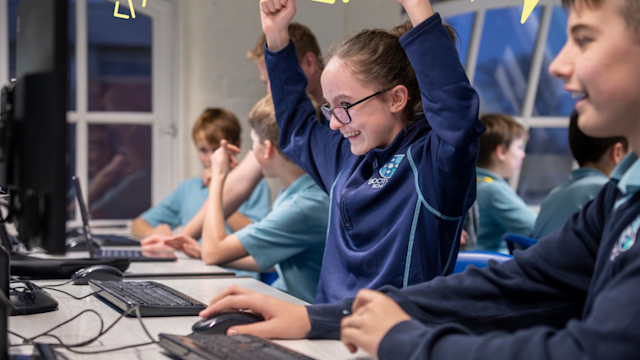
13 January 2026
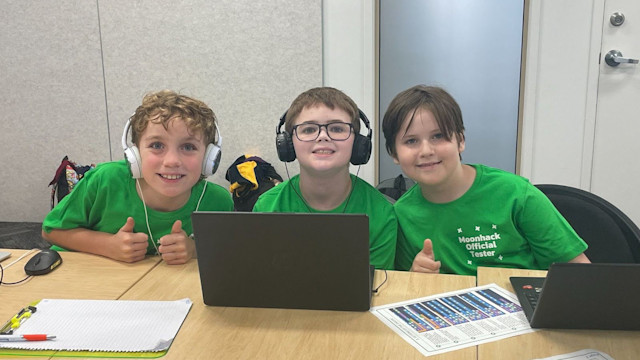
17 December 2025
Code Club is a part of the Raspberry Pi Foundation, an educational charity with a global mission to help young people realise their full potential through the power of computing and digital technologies.
